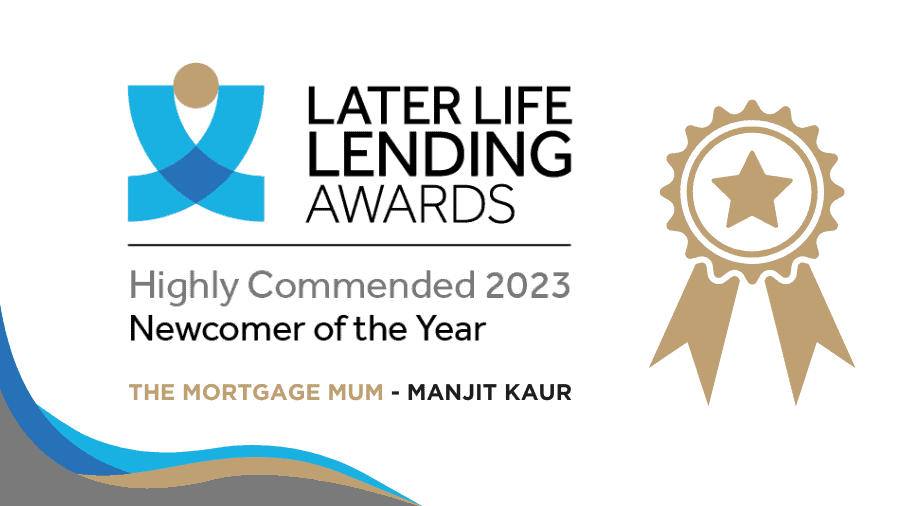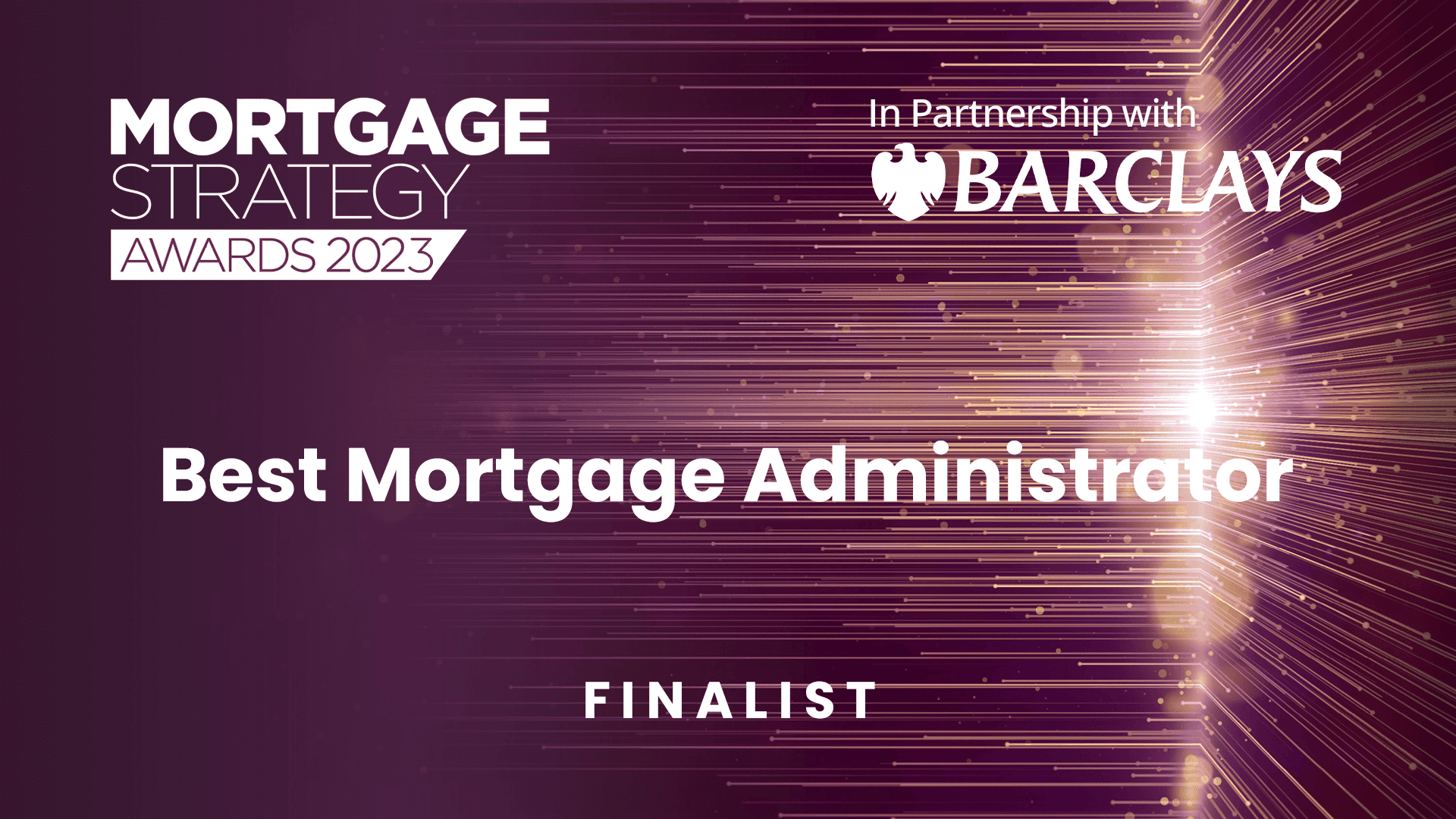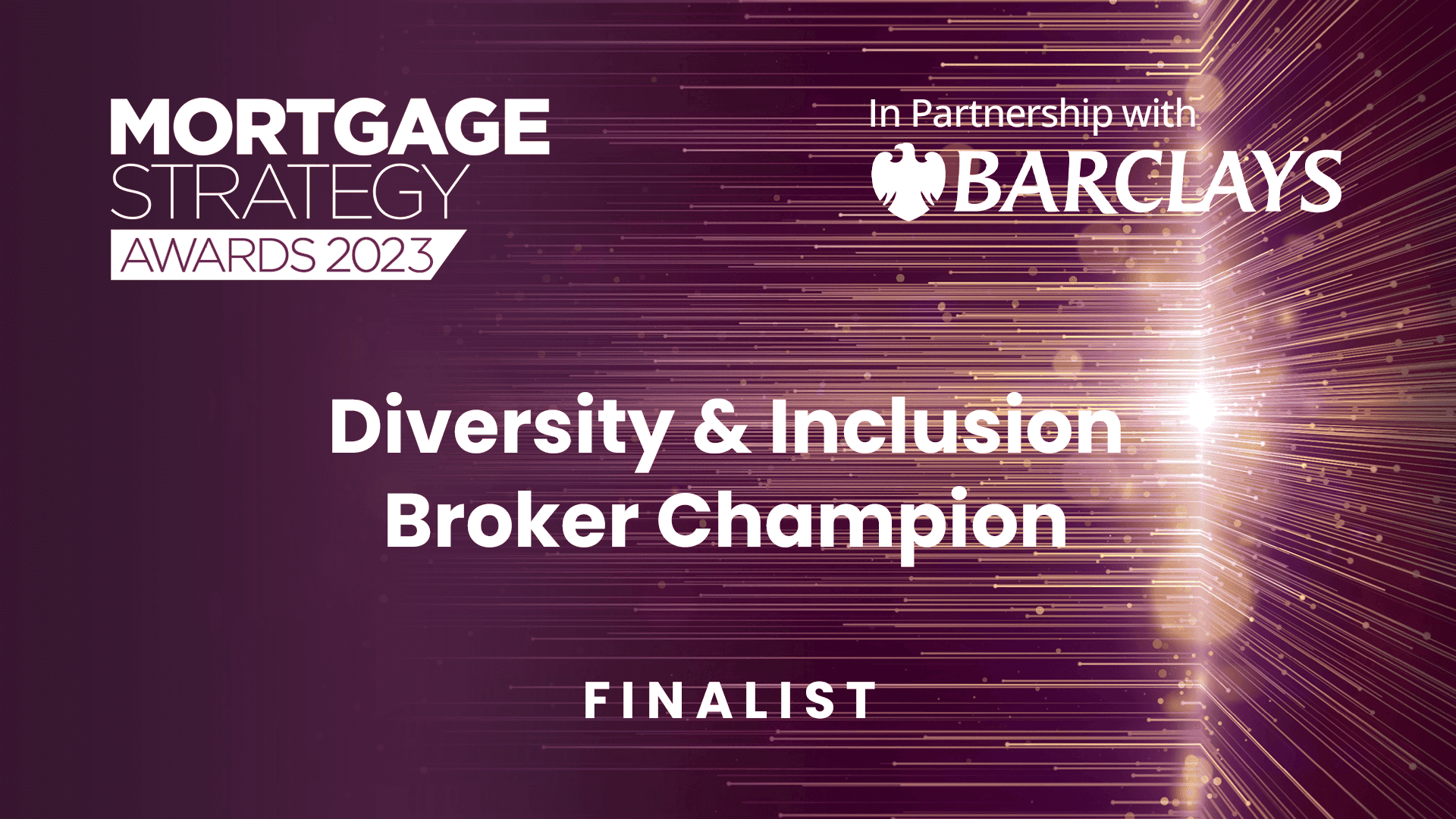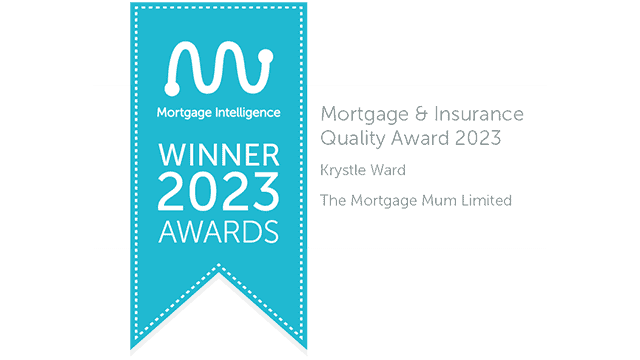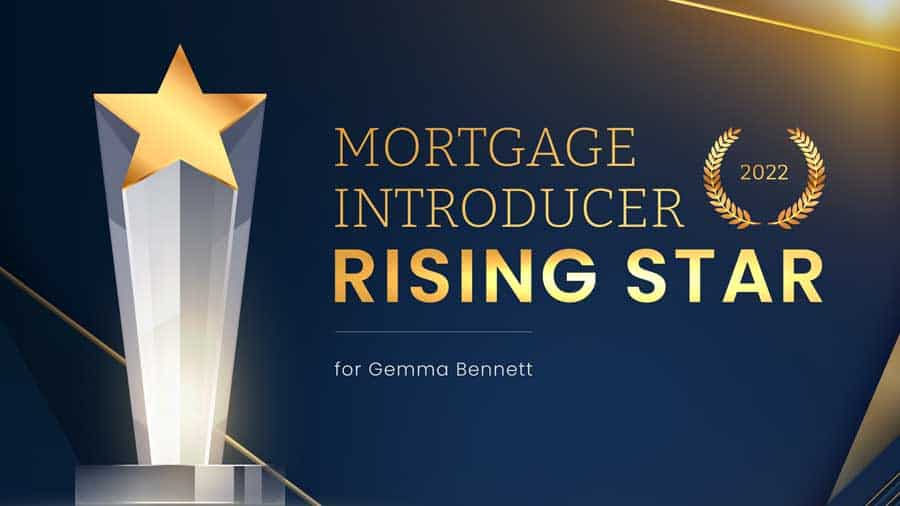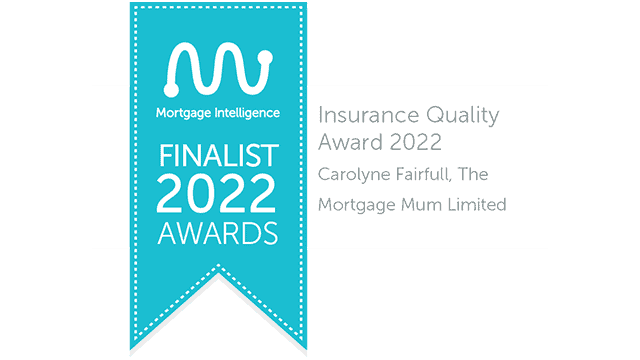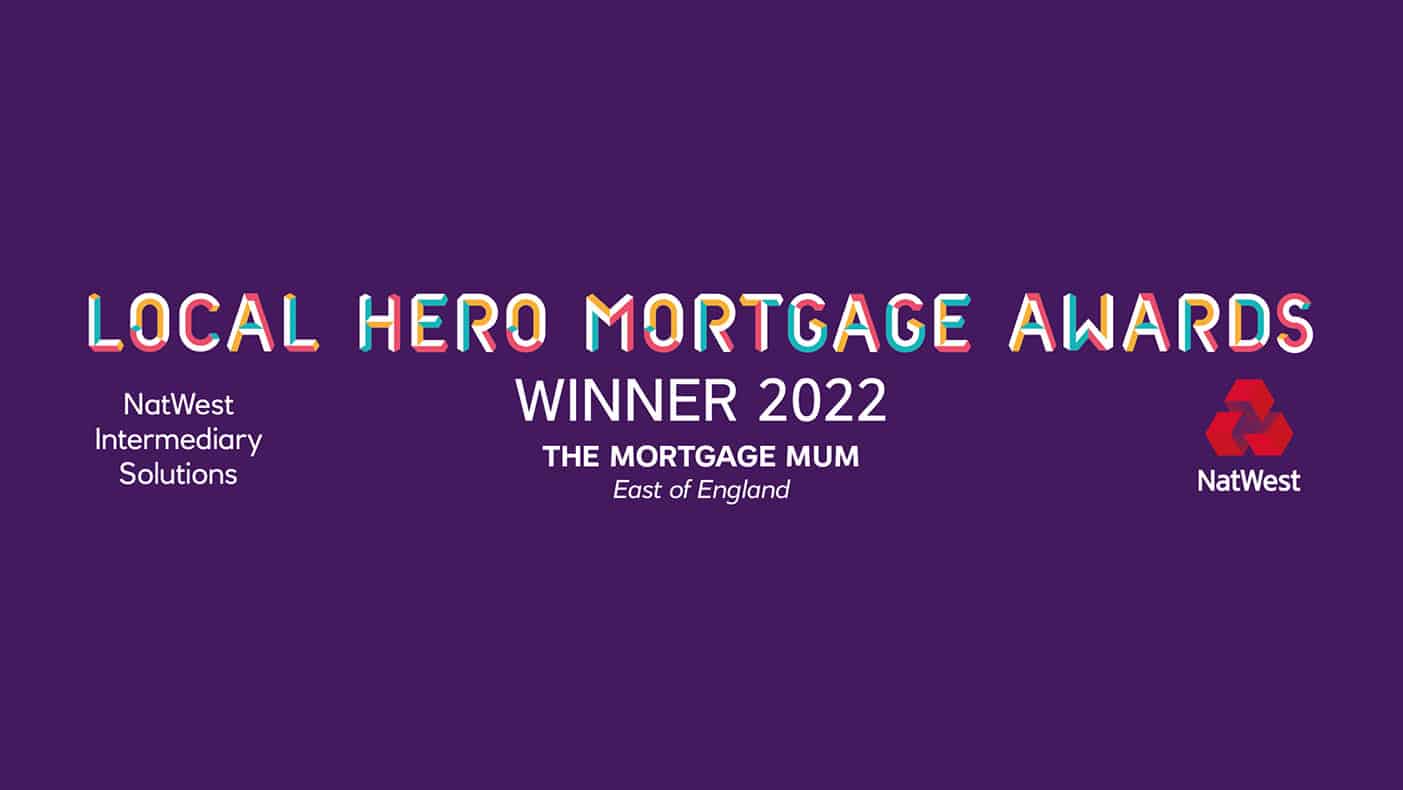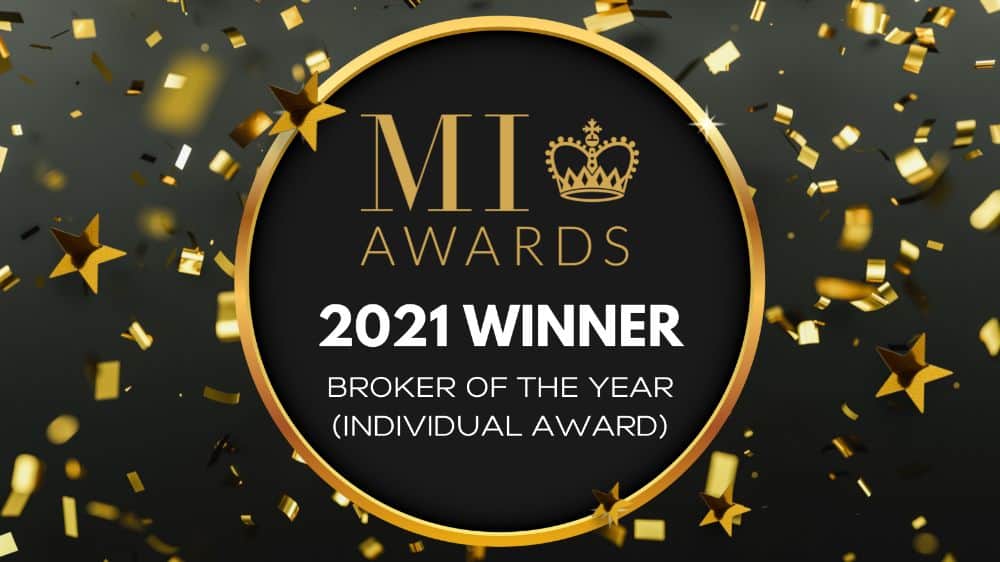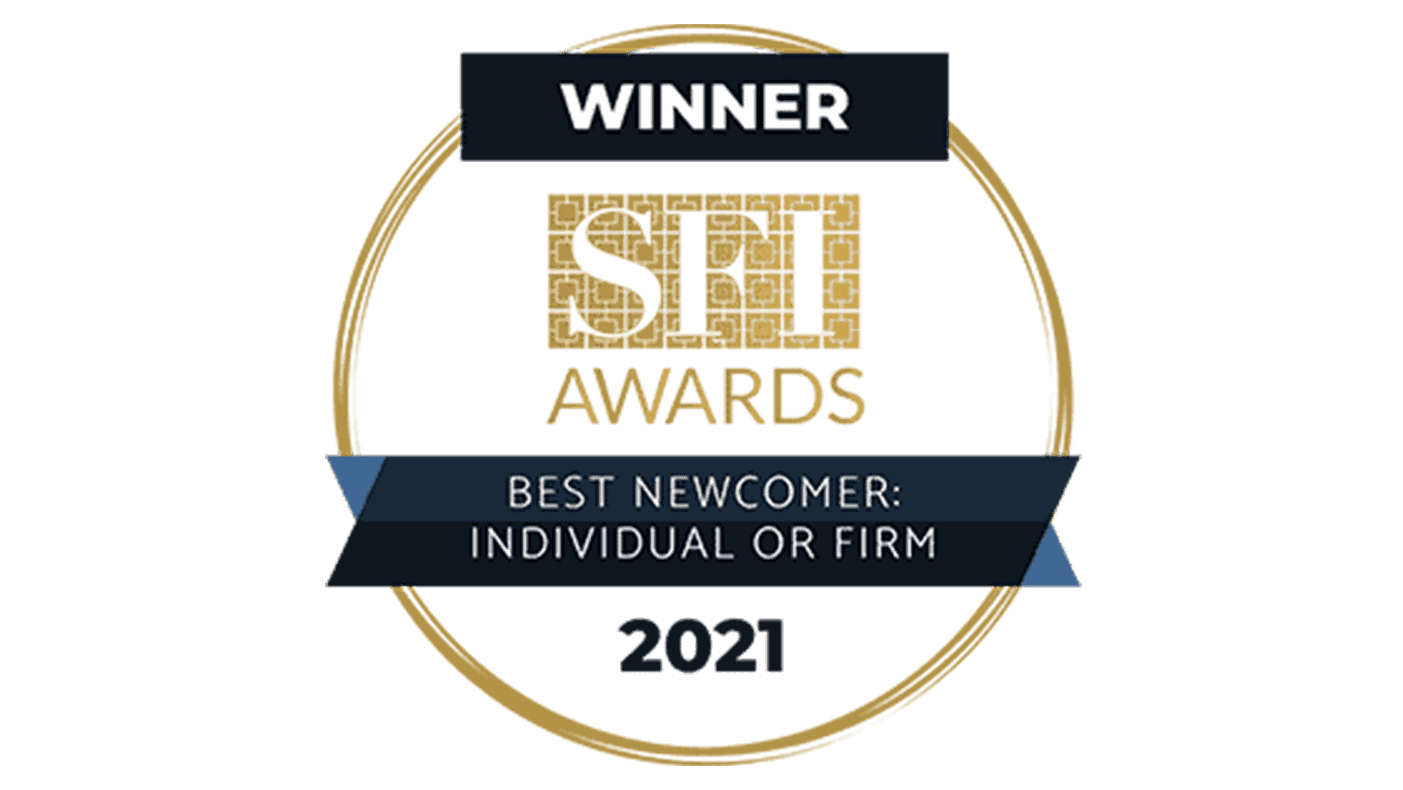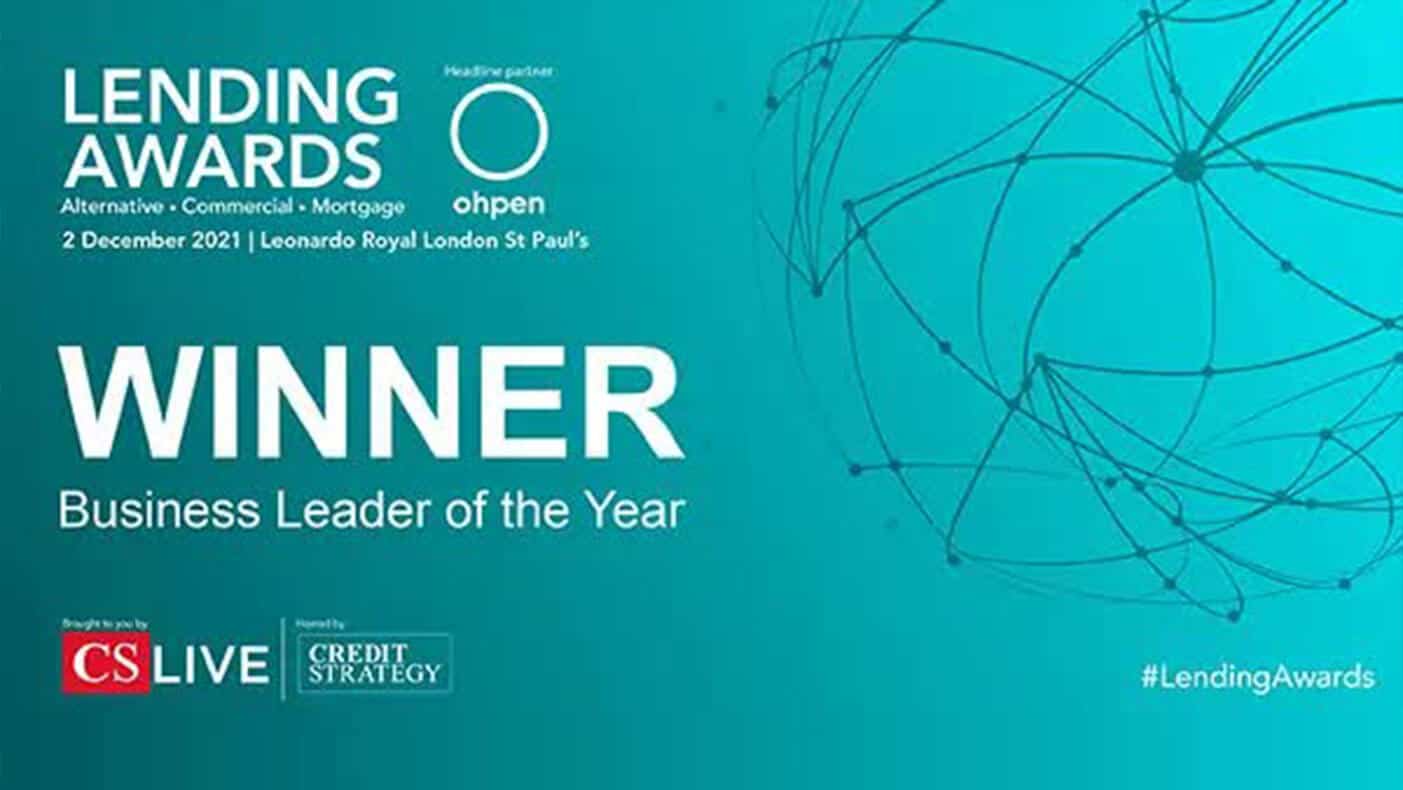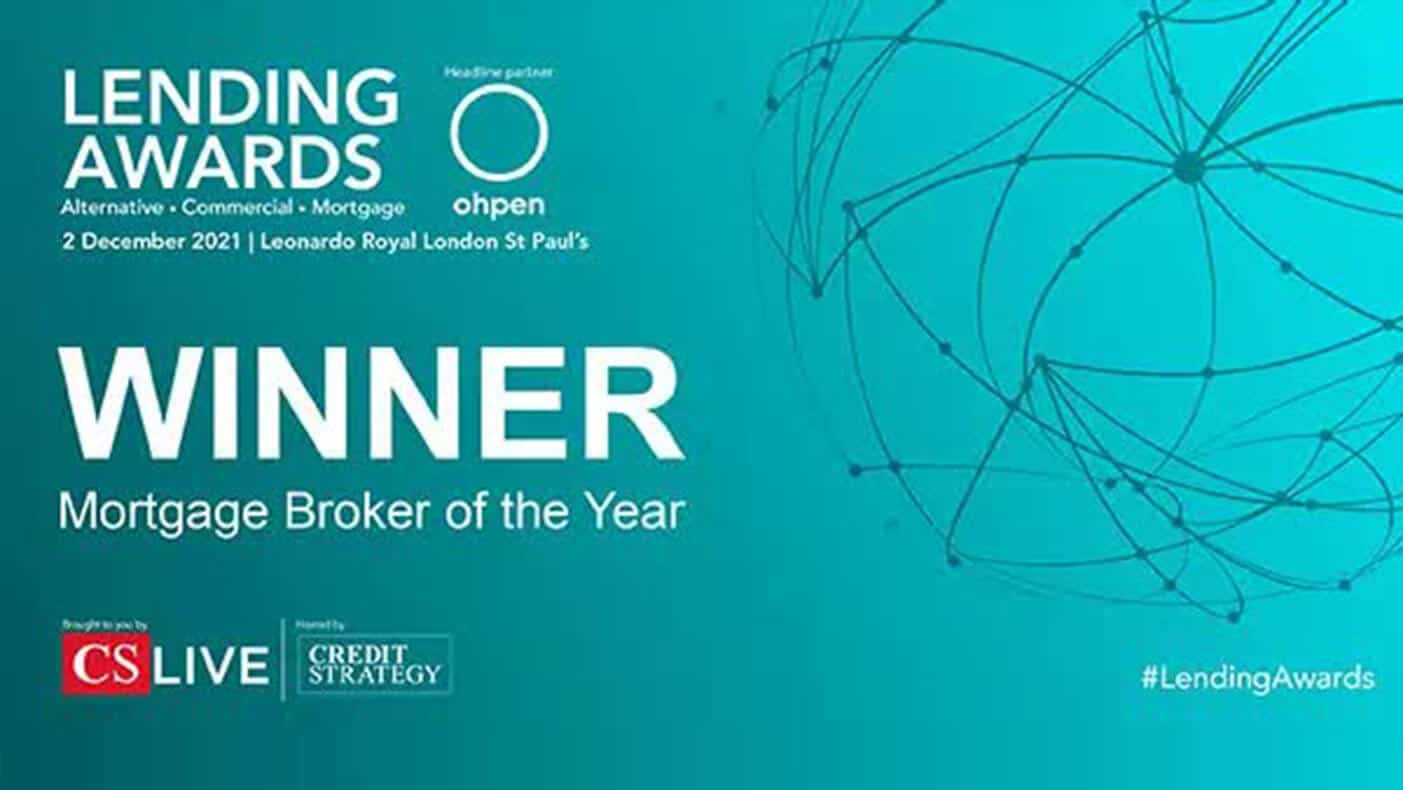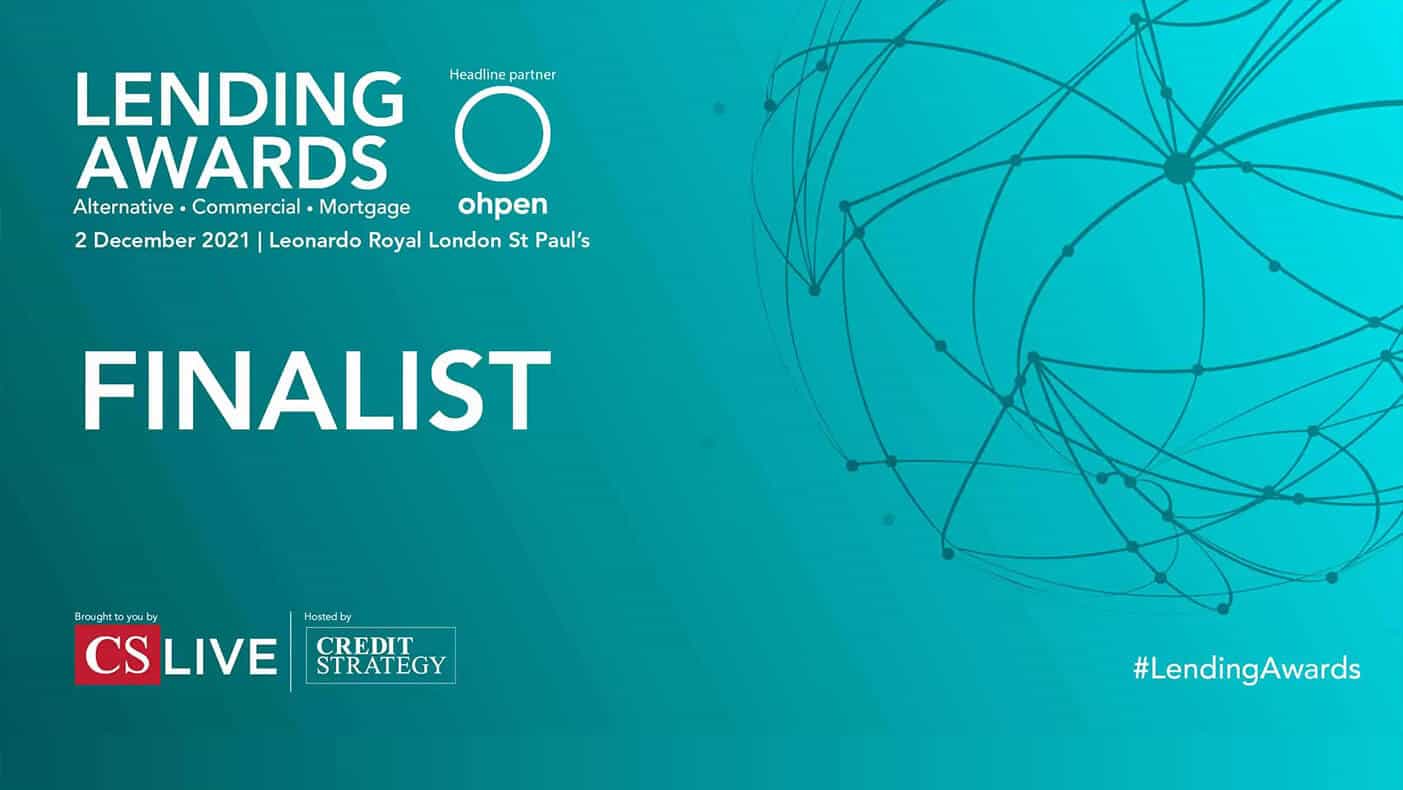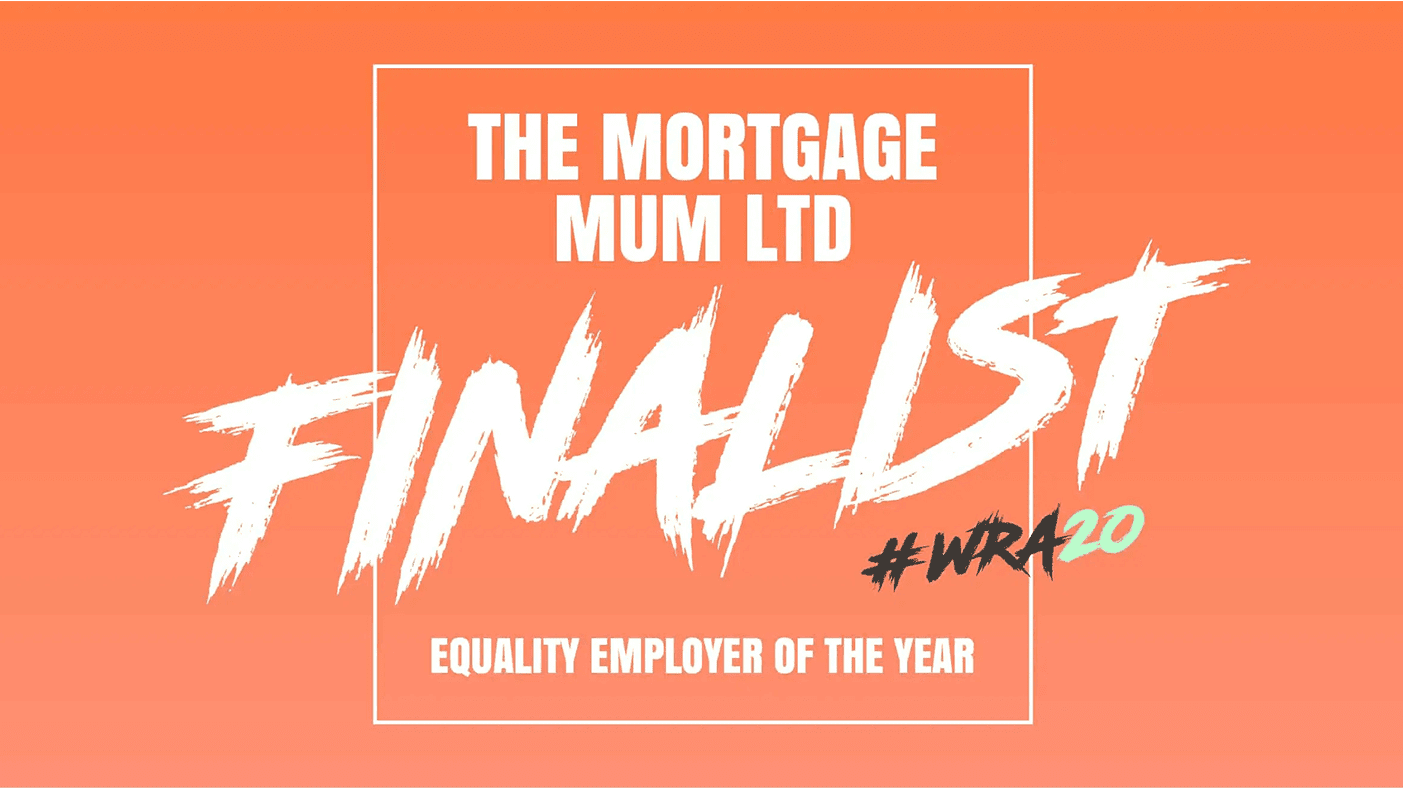The Importance Of A Better Financial Education With Elent Financial
Hello, I’m Gemma Bennett, and I’m delighted to be a guest host on the Mortgage Mum podcast. Today’s interview with Abi Foster is all about financial education. Abby is the founder and CEO of Elent Financial Education, a business with one purpose: to teach finance you wish you had learned at school.
Abi is an ACA chartered accountant and, having worked at Harper’s Bazaar, started Elent on her quest to eradicate the gender pay gap. Elent runs workshops in schools, universities, and workplaces to provide a unique blend of relatable and easy-to-understand financial education.
Abi is also in the process of building a financial education platform for the current generation, and due to be released in the coming months.
I first came across Abi on Instagram. She is vibrant, relatable, energetic… all the things we don’t often associate with finance. I definitely think finance needs to be more relatable because ultimately everyone has finance in their life. Abi is already doing that and it’s fascinating to watch her, not just because she has the most incredible hair!
Tell us a bit more about yourself Abi and why you created Elent?
My passion really lies with eradicating the gender pay gap. That was my big ‘why’ when I started Elent, to eradicate the gender pay gap by financially educating the next generation.
We’ve all heard the statistics: it’s going to take 250 years or more to eradicate pay inequality. I asked myself, well, what can I do? I’m an ACA chartered accountant working at publishing houses like Conde Nast and Hearst. They have these incredible women within them, managing directors, publishers, editors. I looked at them and I realised, why is it that in a company full of so many incredible women, we’re still seeing this gender pay gap?
Here 80% of the workforce are women, but only 20% of the C-suite, the top level directors are female. What was going on there? How could I make a difference? I decided to go back to school and see what we could teach the next generation, before they become employed, to put them on the right path.
To me, that gender pay gap conversation doesn’t hold out a lot of hope right now. We celebrate it and talk about International Women’s Day, which is fantastic, but we’re not necessarily making enough change.
Can you explain the Gender Pay Gap and the Gender Wage Gap?
The wage gap is when you’re looking at two identical roles, one held by a man and one held by a woman. If they are on different salaries, that’s gender wage gap – and it’s a real issue in the current climate. Why are they on different salaries when they’re doing the same role?
Meanwhile, the gender pay gap is the overall inequality that women face throughout their career. Let’s just take the glossy magazine industry as an example, because that’s where I come from. When we’re looking at entry-level assistant roles the field is, say, 80% women, but at C-suite level, it’s only 20% women.
Where are we losing them? What’s happening? That’s what I try to talk about when I go into schools. It’s not because I find payslips the most entertaining topic to talk about with your friends after school! But if you can understand your payslip, it will take you where you need to go in the future. It’s teaching a subject we wish we were taught, I suppose.
Financial education is now being improved by companies like yours, but why do you think it was missing?
So many reasons. Time, budget. And the big one I often talk about is, how do you teach a subject that is constantly evolving?
Let’s just take bank accounts as an example. If you look back to the 1950s, a single woman couldn’t even open a bank account. There were no credit cards, or Buy Now, Pay Later schemes. Cut to today, we’ve got all kinds of credit schemes and credit rating agencies that we didn’t have before. There’s such a fast evolution in finance. How do you teach something that is rapidly evolving? And also how do you teach it to the next generation where the financial landscape might look different for them?
That’s the challenge and why it’s not so easily slotted in. And how can we give teachers more time? They are absolute heroes. They do as much as they possibly can to support the next generation, but we can’t just drop something else in their lap and say, oh, can you just pick this up?
But those teachers, they want to learn too. When I go to schools, they’re at the back of the classroom, even though they don’t need to stay. They often come up afterwards to meet me with their own payslips to ask a question.
Learning this stuff is a bit like driving a car. You’re not always going to drive on the same roads, but if you know how to turn the car on, how the gears work and how to steer, you can get to where you need to be. It’s the same with finance. If we can teach the basics when you’re young, you can use it in the future. That’s the beauty of it.
What are the common areas of misunderstanding for people regarding their finances?
Payslips and pensions. I think they’re the main two – we interact with them so often and yet nobody wants anything to do with them. In Britain, apparently, we check our weight more than we check our pay slips.
It doesn’t surprise me because there’s so much jargon there. No one explains it, no one talks about it. It’s just pure jargon on a little slip of paper. And then right at the bottom is our net pay, the pay that we take home. It comes after a bunch of other things and we just think that as long as the net pay is in the region of what I was expecting, then fine.
Pensions is another one with so many misunderstandings. I recently did a video for new mums about going on maternity leave and how you get state pension credits to top up your national insurance. To be eligible for the full state pension, you need to have contributed 35 full years worth of national insurance.
When you’re on maternity leave, they will give you these credits so you don’t lose out. State pensions are a big one for mums. Look back and check that you have enough years of state pension credits, or you are on track towards that, plus that you were given the credits that you were eligible for on maternity leave. A lot of people aren’t aware of that.
Why do you think we fear what we don’t understand, rather than ask questions?
A lot of it is human behaviour, passed down to you by your parents and their parents. If we don’t correct that, we’re just going to keep passing it down to the next generation. That’s why I want to get in – to stop it and correct it.
A Cambridge study found that we develop our financial money habits by age seven, which is so young. It’s picked up by the grownups around us. So as grownups, it is our responsibility to make sure that what we’re passing down is correct.
What are the young people you talk to most interested in?
They’re really into new investments. They love a bit of crypto. And I can’t blame them – it’s really interesting. There’s a lot of social media hype around new investments like NFTs and cryptocurrencies. It’s on social media – why wouldn’t they be interested?
But I often meet young people that are 18 and allowed to start investing, who tell me they’ve invested in crypto and are putting all their savings there. They think it’s a sure bet. I ask them if they’ve thought about the tax implications. And when I ask them to tell me what crypto is, many are completely unaware that it’s a currency and not a stock or share.
It’s a currency much like dollars or pounds, and that always blows their mind that we’re talking about foreign exchange, not stocks and shares in a company called Crypto. That’s something that comes up often.
When I teach in schools, I teach from Year Two all the way through to Year 13 and beyond. In Year Two I always ask them, how do you buy things? And they say, my mum uses a card or her phone or her watch. And I say, well, what else could you use? And someone always says gold. And then there’s a whole conversation as to why we can’t just walk around with bags of gold on us, which I find really funny. But it’s a very logical question.
[Gemma:] It’s so good to have those conversations with young children. I have a son in Year Two and he decided he wanted a Lamborghini when he’s older. He asked how much that was and how much he had in his bank… and he’s some way off.
So he’s decided that the best thing to do is to buy a Lamborghini dealership. We talked about running a dealership – the store, the grounds, the staff, other costs. And we had a whole intricate business conversation. He loved it. He loved having that conversation.
How can we hold onto those ambitions and goals as we get older?
I don’t know the age when we start to lose that, but it’s another reason I do what I do. I say to people, hold on to your creativity. Don’t let a lack of financial knowledge stop you from doing the things you want to do.
If you want a Lamborghini, having a Lamborghini dealership is a great approach. So don’t discourage those ideas, show them how it can happen, how we can do it and how to use money in a positive way. All the bright minds are in the junior schools of this country.
Isn’t it great that finance is being spoken about on social media now?
I’m a big fan of it. I think this is where we can make a difference – helping people without them having to do too much to find you. When I first started, I was on Instagram and TikTok. I posted a video on state pensions. I was amazed when I then searched #statepensionsUK and realised at the time, I was the only woman. You would scroll through and it was just men talking about state pensions in the UK.
I stuck out like a sore thumb because I have a lot of hair and I was wearing a pink dress. I was just going for it – and we need to be there, because representation matters. And I won’t represent everybody, but there’s definitely a lot of people who would possibly find it easier to hear it from me and my perspective than what was currently out there.
It’s the same with The Mortgage Mum – we’re a female brand. But we don’t just deal with females, we have plenty of male clients. It’s just who we are. So how did you come up with the name Elent?
I have spent my life with people saying things like, ‘are you sure you’re an accountant?’ Because I just don’t look like one. The company name is actually a combination of two words: elegant and intelligent.
I just felt that there is an elegance and a femininity to finance that we have been told is wrong. That’s why I wanted to combine those words. I wanted it to be about intelligence. You don’t need to be an accountant to understand this stuff, it just helped me to start with.
Something I learned very quickly when I started Elent was how important it is to lean on people that are a genius in their world. While I understand finance and will help anybody with it, I find marketing and things like that really tough. So I go and lean on a marketeer or a tech genius. It’s so important to come together and share expertise.
Tell us how you took that first step to starting Elent. You’ve got a really good job in the magazine industry – why did you go and create something else?
It took a while to convince myself that it had to be me. There’s that Emma Watson quote where she says, “I looked around for someone to make a difference, and I realised it was meant to be me.”
I kept asking questions of people like, Why weren’t we learning finance at school? Why is there such an awful gender pay gap? Why are things not changing as fast as I would like them to? And I wrote down these ideas of how I could make a change.
I was going to create a platform to educate people. I was going to go into schools. And I realised that whilst I loved my job in the magazine world, and there were some amazing people there, I wasn’t going to enact enough change by staying there.
I could have started there with workshops for Harper’s Bazaar employees, or Good Housekeeping employees, or whatever. But I realised actually, if I was going to start this, I wanted to go full force.
So I saved up and left my job and started Elent very quickly. There are hard days. I get imposter syndrome sometimes, it’s a struggle, but the passion just keeps me going. I know it’s a bit cliché, but it gets me up every morning – especially when I see it not happening. If schools aren’t able to provide it, or people don’t understand, or I see things on TikTok or Instagram being explained wrong… I’m like, right, let’s go. We’ve got to go and fix this. Otherwise, it’s not happening. That’s really where it stems from.
Tell us a bit more about the educational platform you’re creating?
We’re almost finished. We’re just doing the testing now. It is financial education technology, FinEdTech for short. As someone with dyslexia I found that financial education online can be quite stilted, and it doesn’t flow. There’s no nice course that takes you from the basics up.
Not everyone wants to go off and study to be an accountant or work in finance, but we do need to have some of the base layers. So we’re basically producing a financial education course to give millennials, Gen Zs and the next generation the financial confidence that they deserve.
It’s essentially taking my school workshops to the masses. I found online that my TikTok videos and Instagram videos had great responses. So why couldn’t we develop a course based on that? Instead of long reams of text and loads of slides, why don’t we have chats and live events and lots of different ways of learning?
As someone with dyslexia, I haven’t learned the same way as everyone else. And we’re becoming a better society that understands that. So if we’re going to build a finance education course, it can’t be built in the same way as in the past.
If things change, if the tax thresholds change, for example, my payslip module needs to be adaptable. I need to be able to go back, update the thresholds and refresh people’s information. With it being an online platform, it’s so easy to do that.
Just finally, if you could offer our listeners one bit of practical advice regarding their own financial education, what would it be?
I would always say, check your payslip, but that’s a bit cliché coming from me. So I’ll give you another one. It’s about how to set financial goals.
So often when I talk to people about setting their financial goals, they might say they want to save £100 a month for the next few years. And I ask, what for? And how much will you have in two or three years? That always stumps people.
So when you’re setting a financial goal, always have an end point and work backwards. If in two years you want to have £3,000 for a car, or a house deposit of £10,000 in five years, work your way back. How many months until that goal, and how much will you need to save each month?
Then you can start looking at different financial options – like putting it into a savings account with 2% interest. Or is there time to put it into an investment for a longer term goal? So look at your goal and work back to today.
[Gemma:] We decided to save up for our wedding – it was a huge amount to save each month. But we looked at our monthly budget, cut back on things, and by the time our wedding came around, we’d paid for it. It was so empowering and we were so glad we could start married life without that debt.
So how can organisations or individuals find you, for a workshop or to view your platform?
On social media: TikTok, Instagram, and Twitter it’s @elent.uk. My website is elent.com, and that will take you to a subscriber list for The Hub, which should be out very soon.
You can sign up to either deliver The Hub to your employees or you can sign up for yourself to learn about personal finance. If you are a school or you know of a school for us to visit, just contact us at Abby@elent.com. I’d love to bring finance education to you.
























